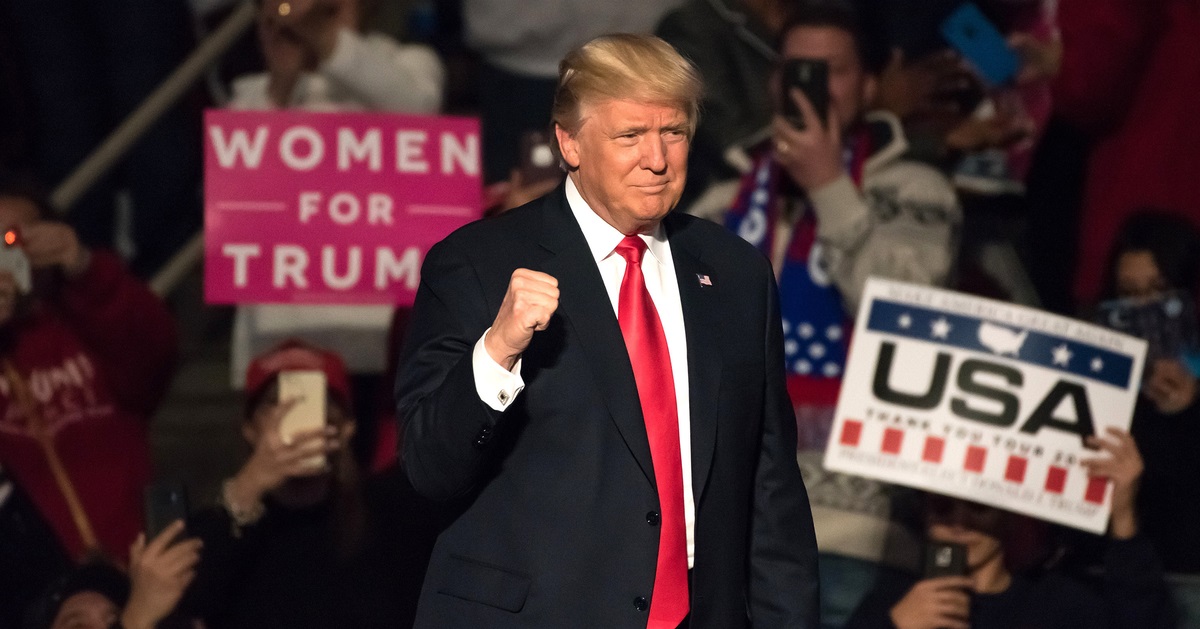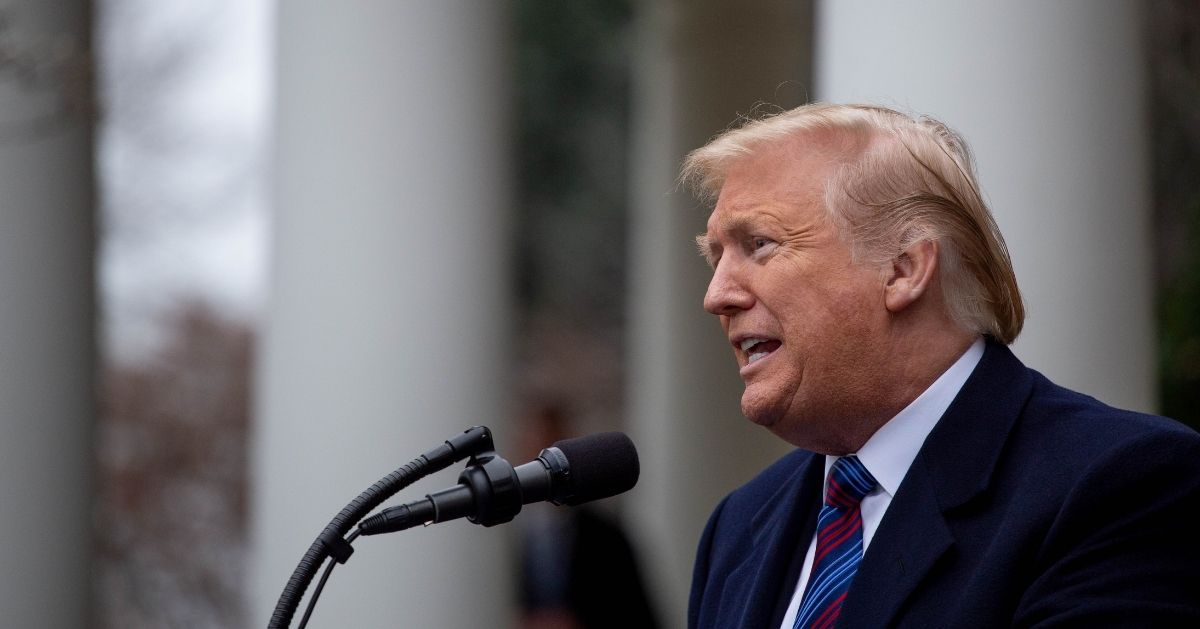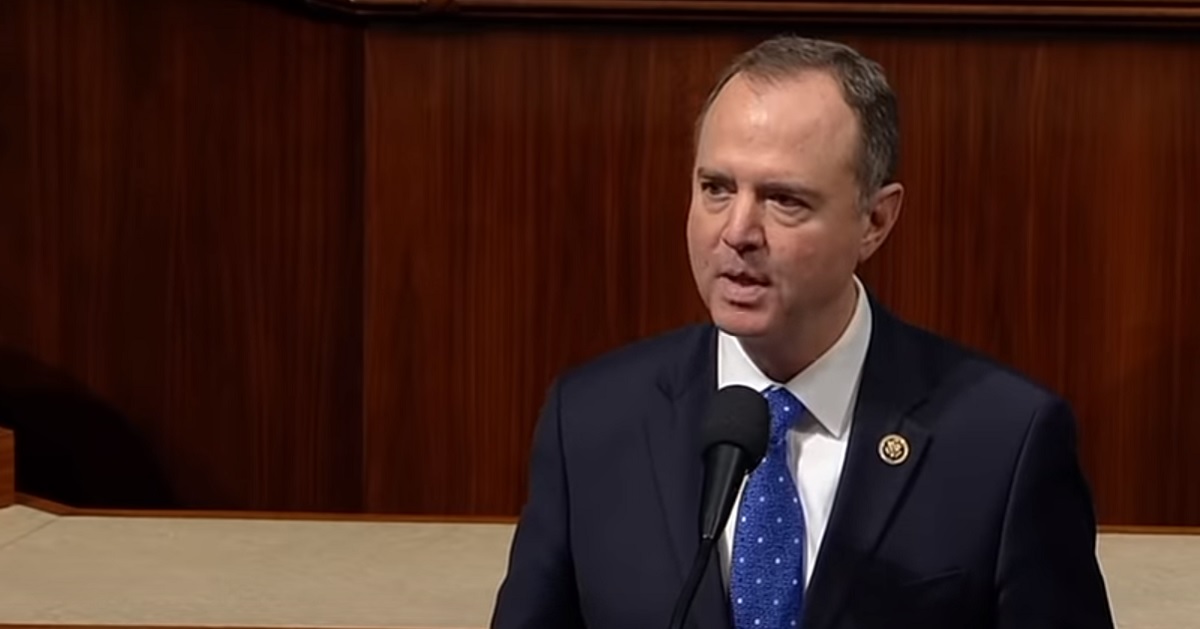Georgia Court of Appeals sets Dec. date for oral arguments on whether DA Willis should be disqualified from Trump prosecution
Any remaining shred of hope Georgia's Fulton County District Attorney Fani Willis may have had about bringing former President Donald Trump and others to trial before November's election on criminal charges related to the 2020 election have now been completely dashed.
The Georgia Court of Appeals announced this week that they will hear oral arguments on the effort to disqualify and remove Willis from the case in December, roughly one month after this year's election is conducted, local Fox affiliate WAGA reported.
A final decision from the appellate court may not come until mid-March of next year, and the losing side will undoubtedly further appeal the matter to the Georgia Supreme Court, which will undoubtedly result in additional delays to Willis' planned prosecution of Trump and his co-defendants -- assuming she is even still on the case.
Trump's attorneys argue Willis should be disqualified
Fox News reported that the effort to disqualify DA Willis from the case stems from allegations raised in January that she had been improperly engaged in and financially benefited from a previously undisclosed romantic relationship with former Special Assistant DA Nathan Wade, which led to a March ruling from trial Judge Scott McAfee that either Willis or Wade must resign from the case due to the "appearance of impropriety."
Wade resigned but the judge's decision to allow Willis to remain on the case was appealed, with the appellate court deciding in June that it would review McAfee's order, with opening briefs on the matter filed with the court in July.
Steve Sadow, former President Trump's lead attorney in the matter, said of the filing, "The brief persuasively argues that the trial court should have dismissed the case and disqualified DA Willis for her forensic misconduct and the appearance of impropriety between her and former Special Assistant DA Wade, who was her lover and taxpayer-funded financial benefactor," and added, "We are optimistic that the Court will favorably decide the appeal in our favor."
The brief itself asked and answered, "Should a prosecutor be disqualified for intentionally and repeatedly violating ethical and professional canons to prejudice defendants for personal or political gain? Yes."
"Is disqualification necessary when a prosecutor testifies falsely, conceals misconduct, and creates 'an odor of mendacity' that results in a 'significant appearance of impropriety?' Undoubtedly so," the filing continued. "If this prosecutor deflects attention from her misconduct by claiming on national television that the defendants are dishonest racists for bringing the truthful accusations to light, could anyone have confidence in the impartiality of the prosecutor’s actions? Absolutely not."
Entire case on pause pending settlement of disqualification dispute
There is little doubt that DA Willis and her anti-Trump Democratic supporters had intended to not only bring the former president to trial but also see him convicted, if not also sentenced, before the election in November, but that initial plan fell apart long ago once the allegations of impropriety took center stage earlier this year.
In fact, per an Associated Press report in June, all of the remaining pre-trial proceedings in the case were put on hold by the appellate court once the appeal of Judge McAfee's ruling was accepted, though a glimmer of hope remained for Willis and her most ardent backers when oral arguments were initially tentatively scheduled for October 4, roughly one month before the election.
In reality, though, Willis' plan to try to hold Trump accountable for his alleged post-2020 election crimes in the state of Georgia were already on thin ice even before the allegations of impropriety and the question of whether she should be disqualified from the case arose.
CBS News reported that in addition to the disqualification effort, there remains several pending pre-trial motions to dismiss the indictment filed by Trump and his co-defendants that McAfee is unable to address until after the appellate court renders its decision on the order that allowed Willis to continue to lead the prosecution.
That includes arguments that Trump's alleged crimes fall under the protection of the First Amendment as well as that he is immune from criminal prosecution for actions that count as part of his "official duties" while he still served as president.
McAfee already rejected Trump's free speech claims, a decision that is also currently pending an appeal, and the immunity question will have to be addressed more fulsomely if and when the case eventually resumes, likely next year, in light of the Supreme Court's ruling last month that former presidents do enjoy immunity from prosecution for their official acts.






